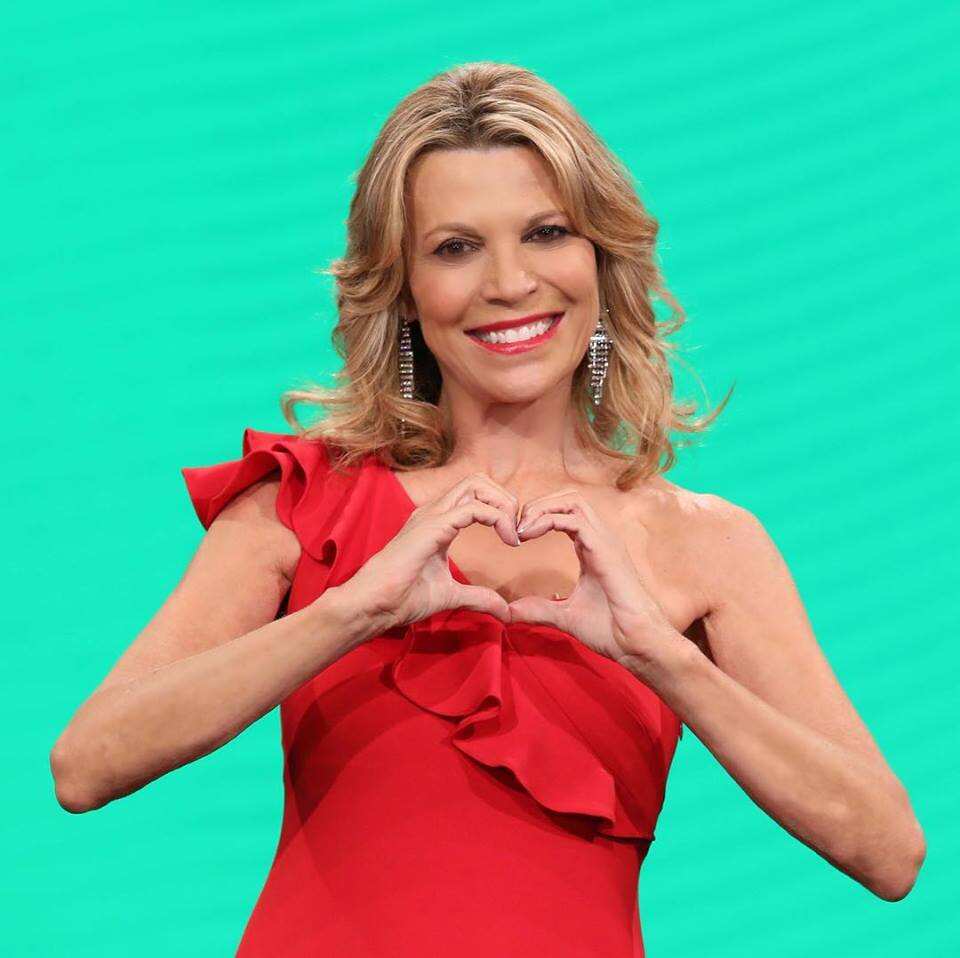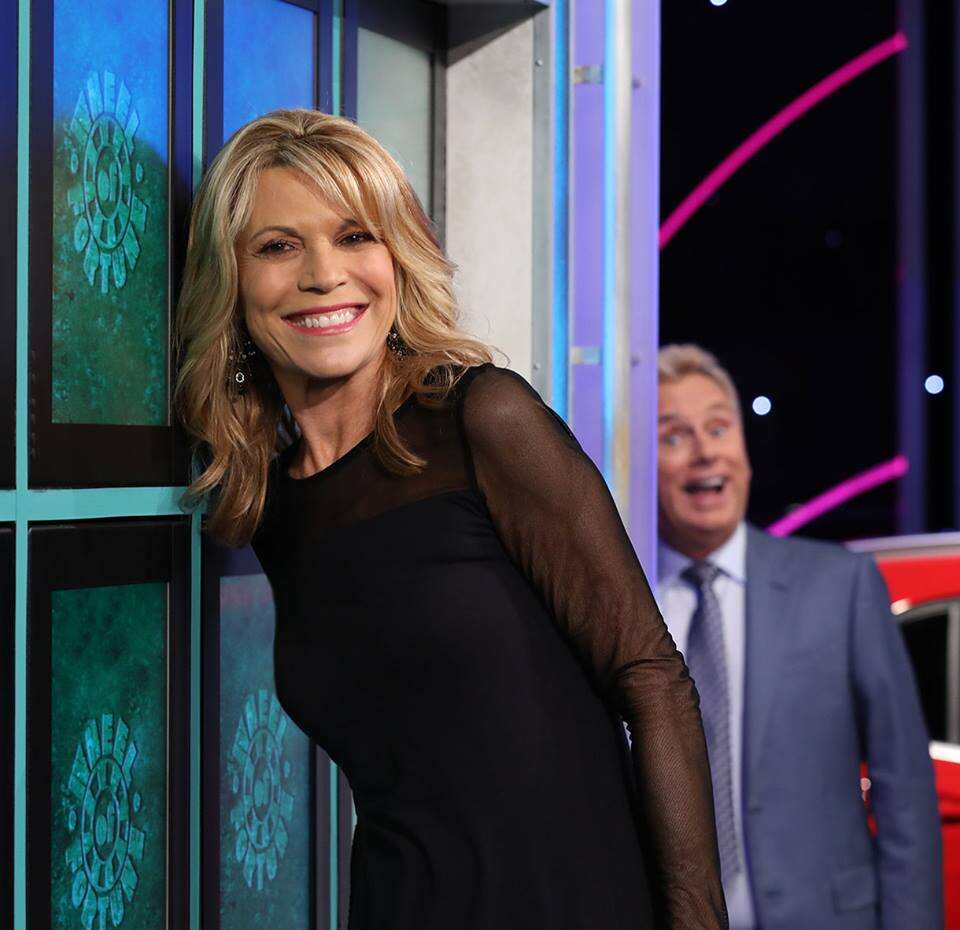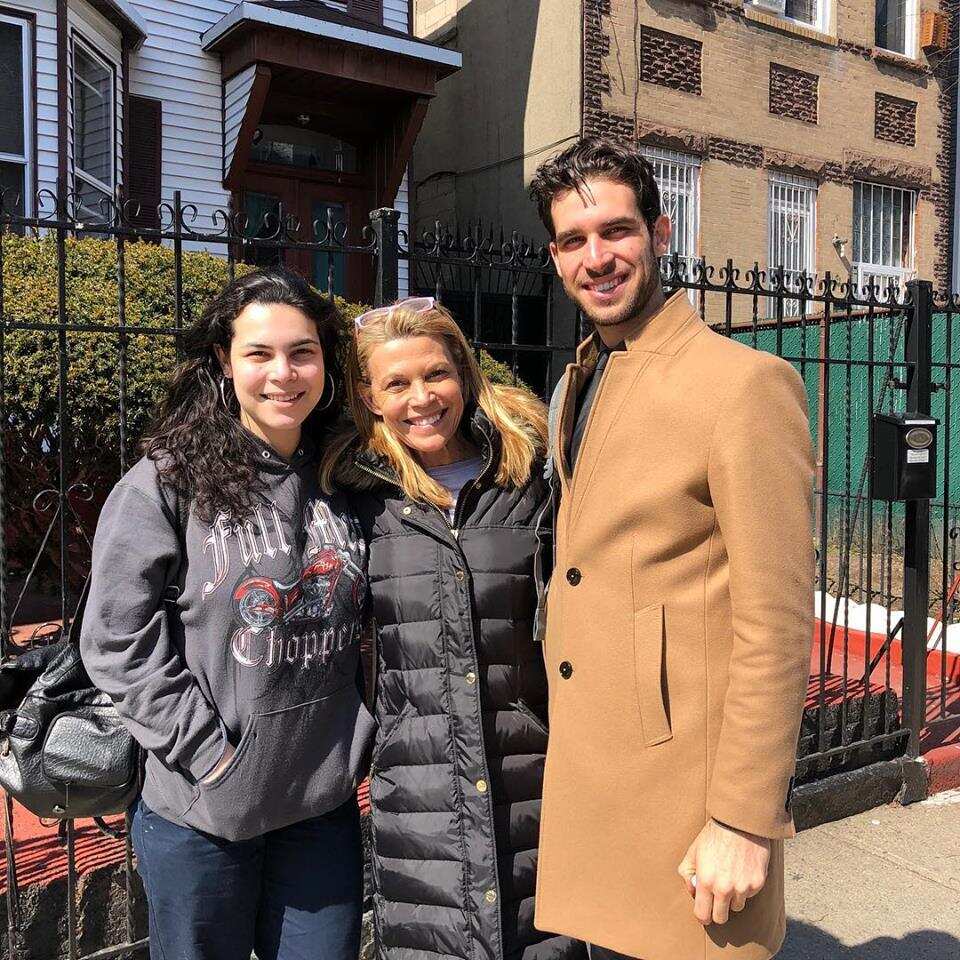How much is Vanna White worth? If you are among those who want to know the answer, you are in the right place. You probably saw this woman at the Wheel of Fortune show. You have an excellent opportunity to learn many interesting facts about the TV host including her worth.

Image: facebook.com, @OfficialVannaWhite
Source: Facebook
She is a famous American television host, as well as the chairman of the board and co-founder of the popular project Wheel of Fortune. So, how much does Vanna White make and what do we know about her?
Vanna White profile summary
- Full name: Vanna Marie Rosich
- Date of birth: February 18th, 1957
- Age: 62 years old
- Birthplace: Conway, South Carolina, USA
- Marital status: Single, ex-husband George Santo Pietro (1990-2002)
- Nationality: American
- Height: 167 centimetres (5'6'')
- Profession: Television personality, actress
- Net worth: $70 million
- Social networks: Instagram, Twitter, Facebook
How much is Vanna White worth?
In 1989, she took part in a television project – a TV quiz show Wheel of Fortune. That was the first appearance of the future star on television. Her earnings are quite impressive. Vanna White salary due to her hard work is estimated to be 10 million dollars a year.
She is a great TV presenter, and her shows are always exciting and fun. It is not surprising that the woman was able to achieve such success. Vanna White net worth is $70 million.

Image: facebook.com, @OfficialVannaWhite
Source: Facebook
One more interesting fact from the life of this incredible lady was that the Guinness Book of Records marked her as Television's Most Frequent Clapper. She was also awarded an honorary star on the famous Walk of Fame.
READ ALSO: Shark Tank Lori Greiner worth, age, body measurements, husband photos
Is Vanna White leaving Wheel of Fortune?
The woman is still a TV presenter of the show and does not plan to leave. In 2017, she signed a new 2-year contract. So, as for now, we can say for sure that she does not plan to leave.
How old is Vanna White?
This woman is always smiling and looks great. You may be surprised, but her age is 62.
Vanna White husband
Is Vanna White married? No, but she was. The TV presenter's personal life evolved in different ways. Her first love, John Gibson, died in a plane crash in 1986.
In 1990-2002, the woman was married to a restaurateur George San Pietro. The former spouses have two children – a son Nicholas (born 1992) and a daughter Giovanna (born 1997). After her 12-year marriage crashed, the lady was engaged to mogul Michael Kaye, but the two never tied the knot.

Image: facebook.com, @OfficialVannaWhite
Source: Facebook
Now you know the answer to the question "How much is Vanna White worth?". She is an incredible woman with a radiant smile and a wonderful sense of humour. Her show is popular all over the world, that makes her one of the best TV presenters. If you have never watched Wheel of Fortune, it is high time to do it!
READ ALSO: Kevin O Leary net worth, house, age, height, wife
Source: Legit.ng
from Legit.ng: Latest Nigeria News Today & Breaking Naija News 24/7 http://bit.ly/2UGvE5P
via EDUPEDIA24/7
Comments
Post a Comment